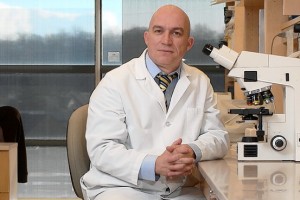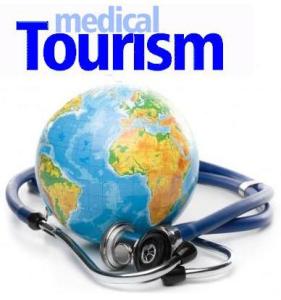 Doctors admire medical experts. Physicians appreciate the sacrifice needed to learn and maintain clinical knowledge. Doctors spend thousands listening to medical sages.
Doctors admire medical experts. Physicians appreciate the sacrifice needed to learn and maintain clinical knowledge. Doctors spend thousands listening to medical sages.
As practicing physicians, we often crave the certainty of sage advice. Dozens of effortless decisions we make each day with patients seem insignificant compared to the advice of a world-renowned medical expert.
Policy makers know this. At least the smart ones do.
While lesser bureaucrats whine about physicians obstructing policy, savvy politicians call in the sages. They trump physicians’ practical, every-day knowledge with experts’ opinions and data.
Indeed, good evidence should direct progress. Every medical student knows that (aka “The school-boy fallacy”).
How it works:
- Politician directs bureaucrat to draft new policy.
- Bureaucrat solicits an expert imprimatur.
- Policy assumes the glow of Asclepius’ Rod.
- Policy drives new process.
- Politician gets re-elected.
Medical Experts
Experts ascend through academia by conquering a tiny sliver of clinical care. For example: the distal nephron, or the neonatal distal nephron.
Experts see fewer patients than their eminence suggests. They sashay across stained linoleum in grand university hospitals surrounded by swarms of trainees and lesser humans. They expound on clinical, political and metaphysical puzzles with worn familiarity. At conferences, experts advise regular physicians on clinical care while calling with equal authority for policy and legislative change.
Experts populate ‘expert panels’ tasked with health system improvement. But are they the experts we need?
Healthcare Experts
Healthcare needs a different kind of expert to direct policy. We need expertise on practical, everyday provision of medical care. Only front-line physicians know that. Front-line physicians care for dozens of undifferentiated patients every day. They run small businesses. They are used to being wrong, to being humbled by patients.
Front-line, community physicians are true experts. They need to play a central role in policy development.
What do you think? 90% of physicians provide only front-line care. Should they have more say in healthcare? Or should we strengthen proclamations from central authorities?
photo credit: wsj.com


